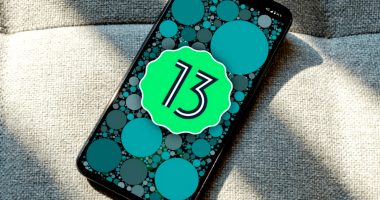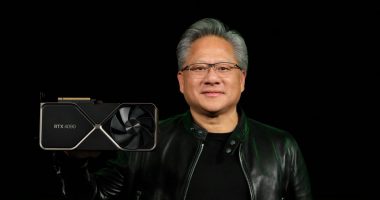Google has launched its AI chatbot, Bard, in response to the overwhelming success of ChatGPT, which is backed by Microsoft.
The company has integrated the technology behind Bard into Google search engine to provide simplified answers to complex questions, such as determining which instrument is easier to learn.
Google announced that Bard will be made available to selected product testers on Monday and will be rolled out to the general public in the following weeks. Similar to ChatGPT, Bard runs on a large language model, known as LaMDA at Google.
Large language AI models, such as LaMDA and the one behind ChatGPT, are based on neural network architecture, which resembles the functioning of the human brain. These models are trained using a large volume of text data from the internet, enabling them to generate responses to text inputs.
ChatGPT has gained widespread popularity following its public launch in November, capable of generating a variety of credible content such as academic essays, poems, and job applications. Analysts estimate that it has already attracted 100 million users.
Google’s CEO, Sundar Pichai, highlighted Bard’s capability of providing up-to-date information in its responses. The announcement provided examples of Bard answering questions such as explaining recent discoveries made by Nasa’s James Webb space telescope to a child, and providing information on the top football strikers currently, as well as drills to emulate their skills.
“Bard seeks to combine the breadth of the world’s knowledge with the power, intelligence, and creativity of our large language models,”
“It draws on information from the web to provide fresh, high-quality responses.”
said Pichai.
Google announced that its latest AI technologies, including LaMDA, PaLM, Imagen (image generator), and MusicLM (music creator) will be incorporated into its search engine. Pichai stated that the new AI-powered features in the search engine will simplify complex information and present multiple perspectives in an easily understandable format.
Pichai used the query “Which is easier to learn, guitar or piano?” as an example to illustrate how Google’s new AI-powered search engine will provide conversation-style responses, rather than directing users to a single blog post.
The response appears at the top of the search page and reads: “There is a debate on which is easier to learn, some believe that the piano is easier as the finger and hand movements are more intuitive, and learning and retaining notes is less challenging. Others contend that guitar is easier due to the ability to quickly learn chords and strumming patterns.”
Google plans to make the technology behind LaMDA accessible to developers, content creators, and businesses with the aim of creating AI-powered apps.






